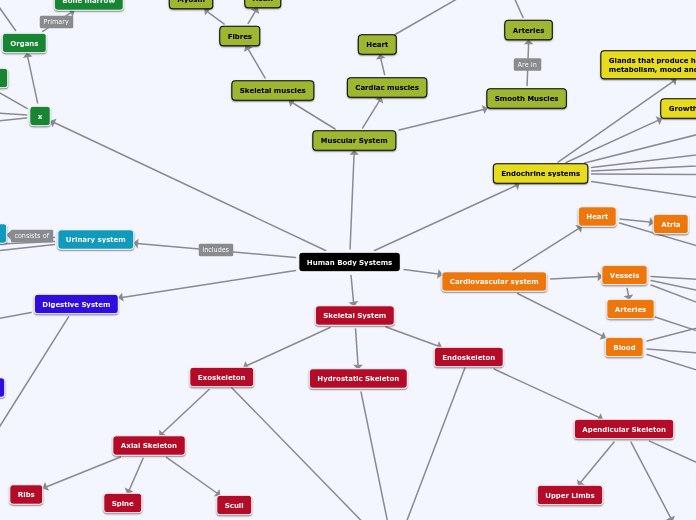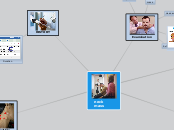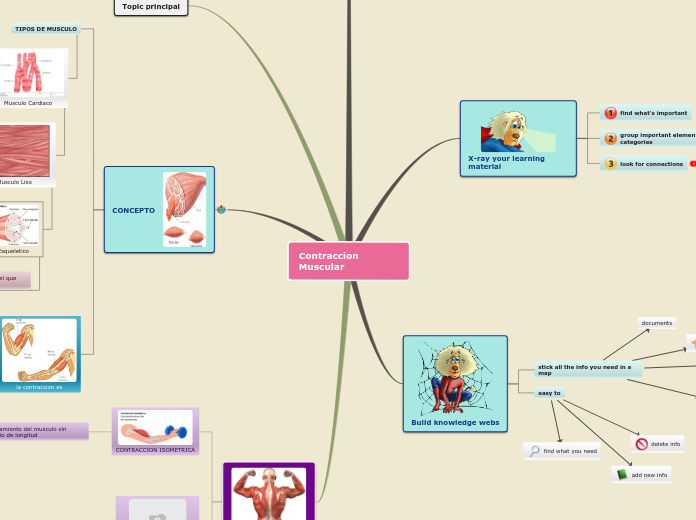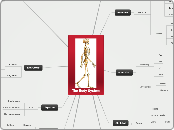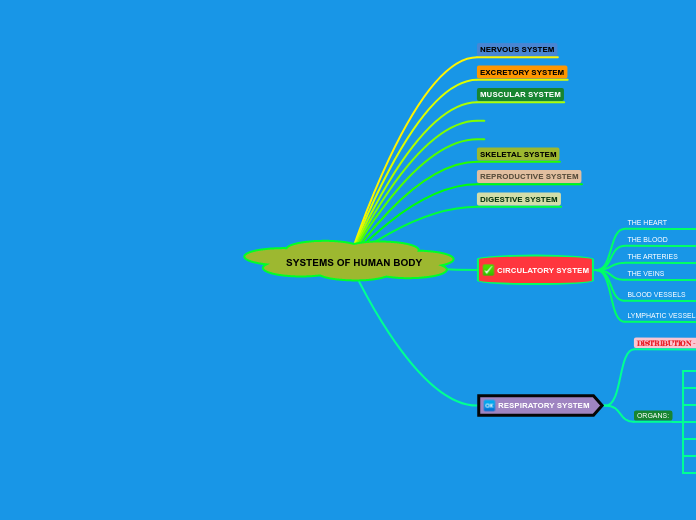da RJ - 08LT - Tomken Road MS (1153) mancano 5 anni
397
Human Body Systems
The human body is composed of several interconnected systems, each playing a critical role in maintaining overall health and function. The cardiovascular system circulates blood, delivering oxygen and nutrients to cells while removing waste products.
